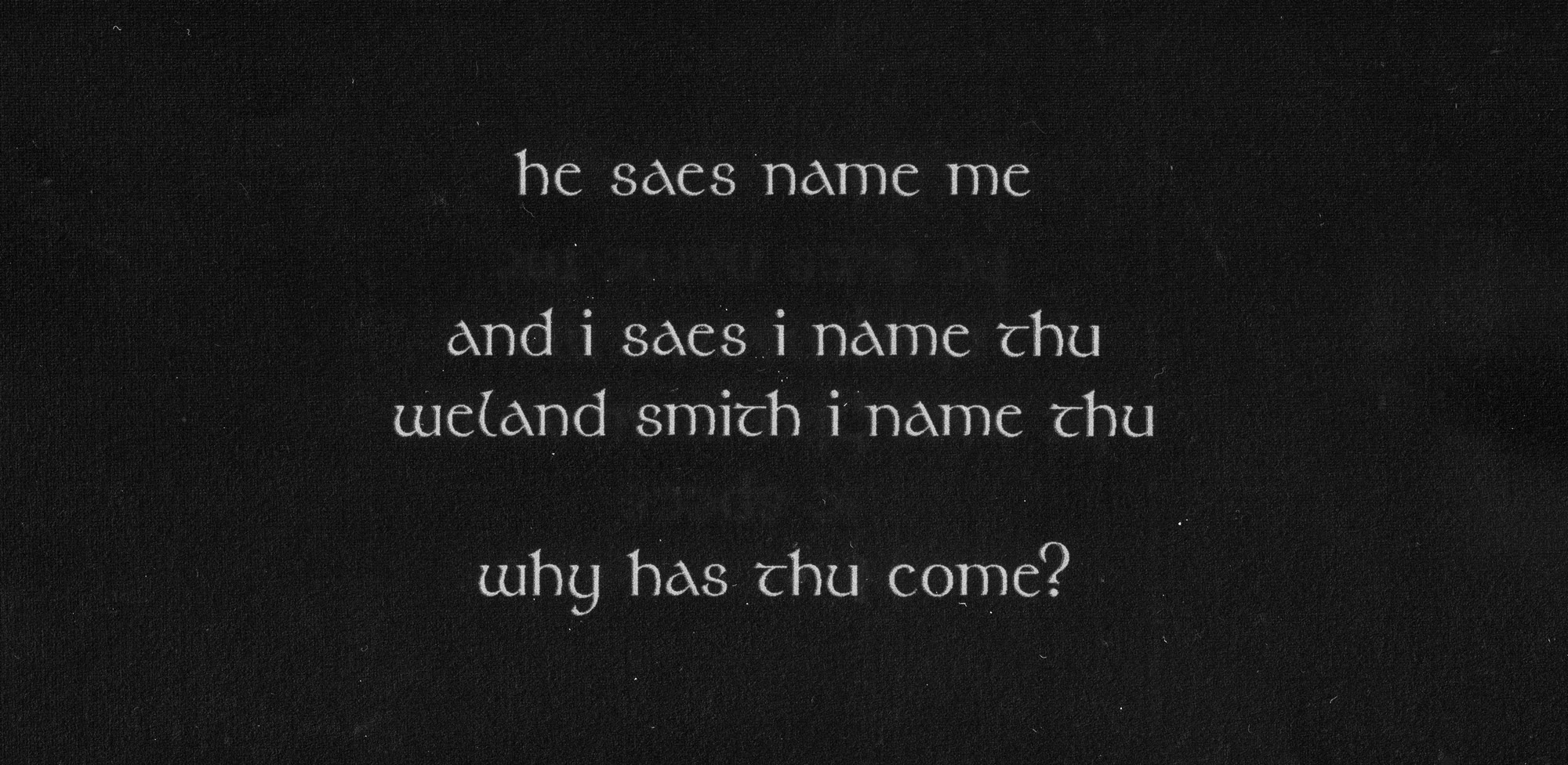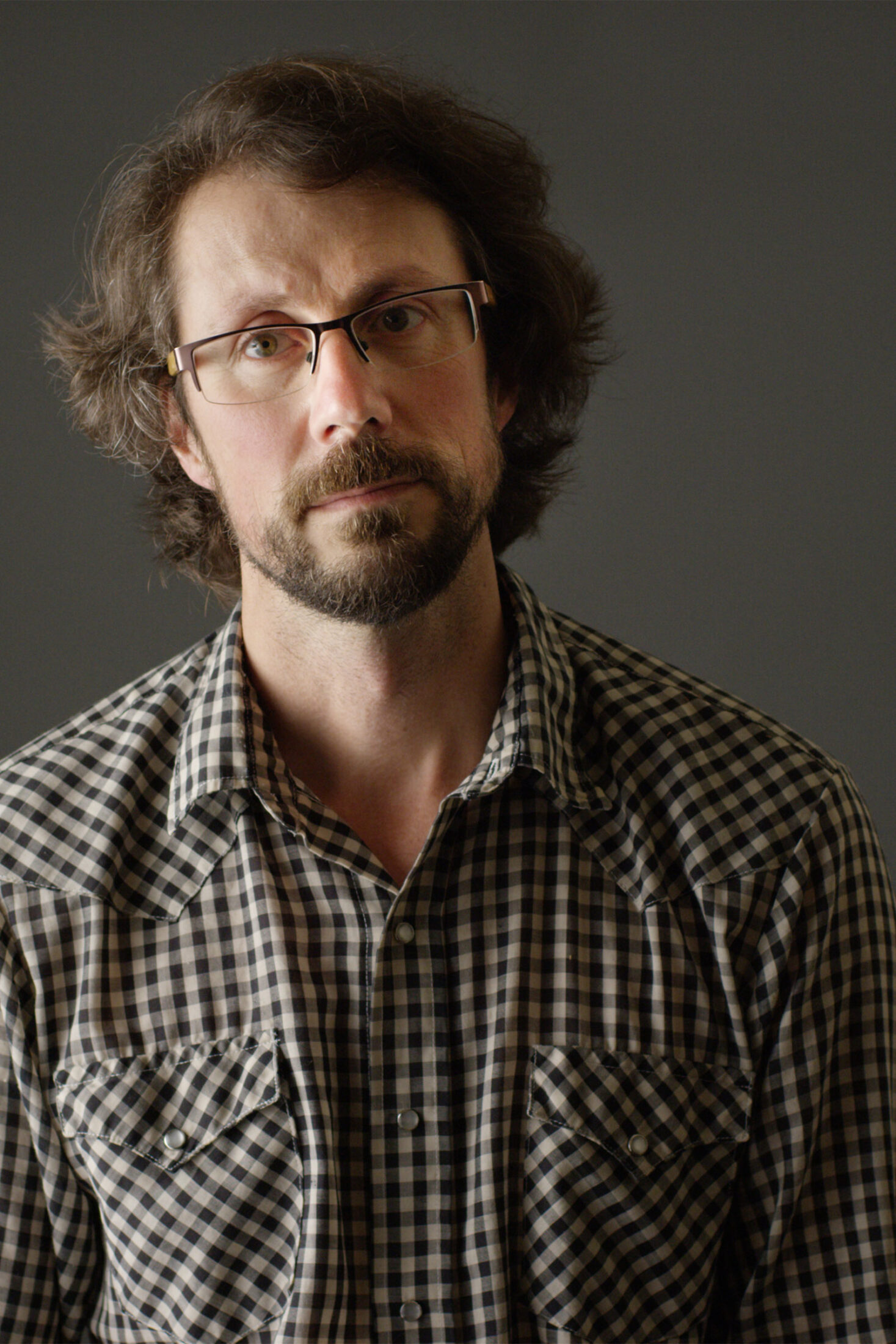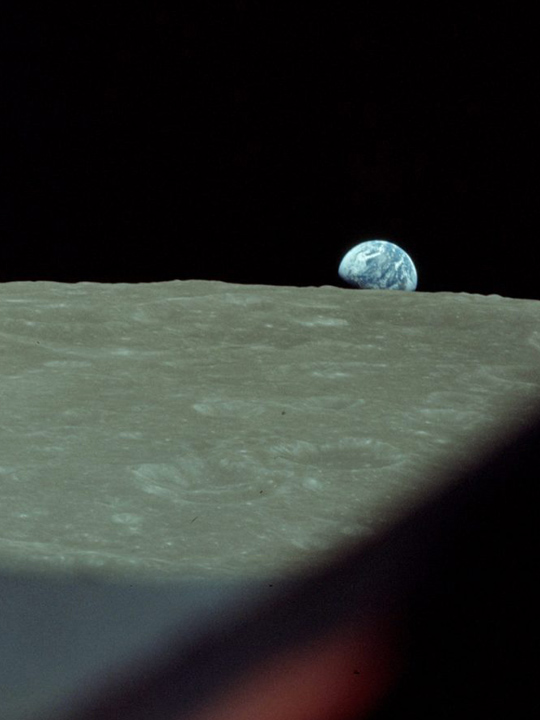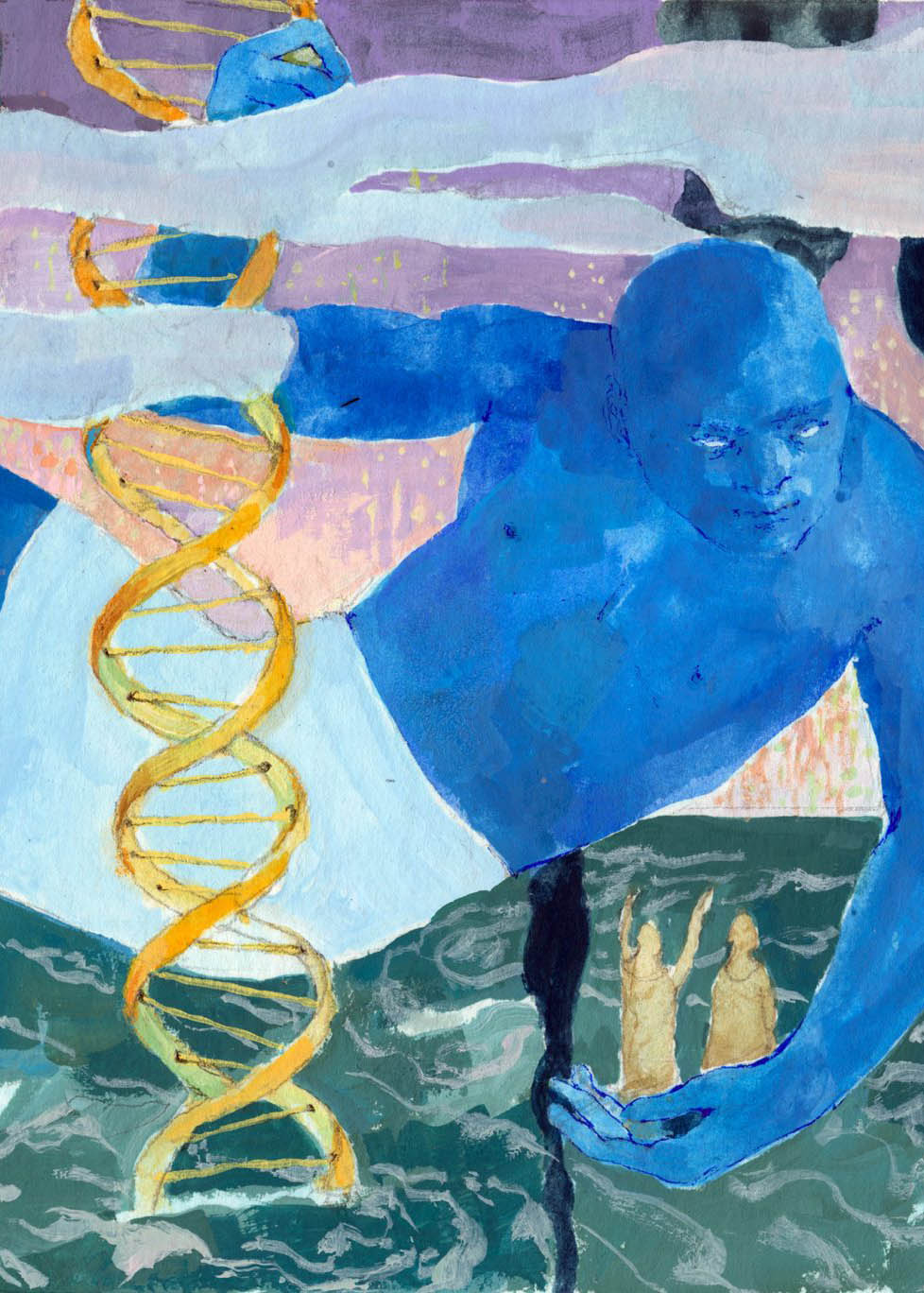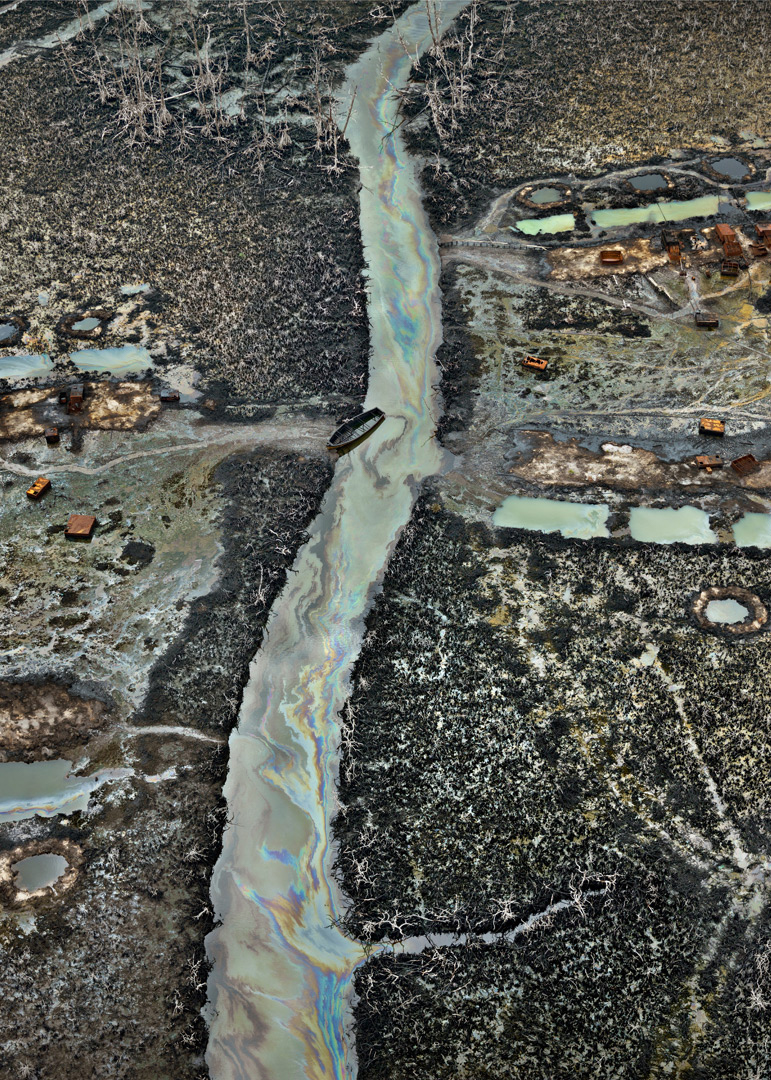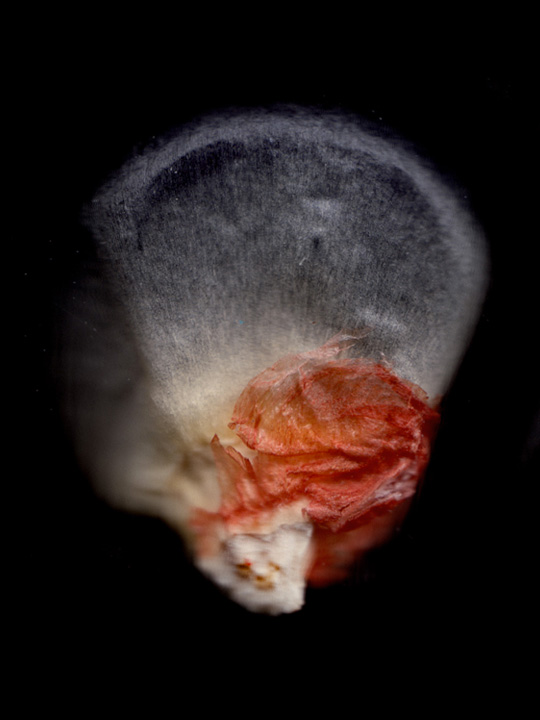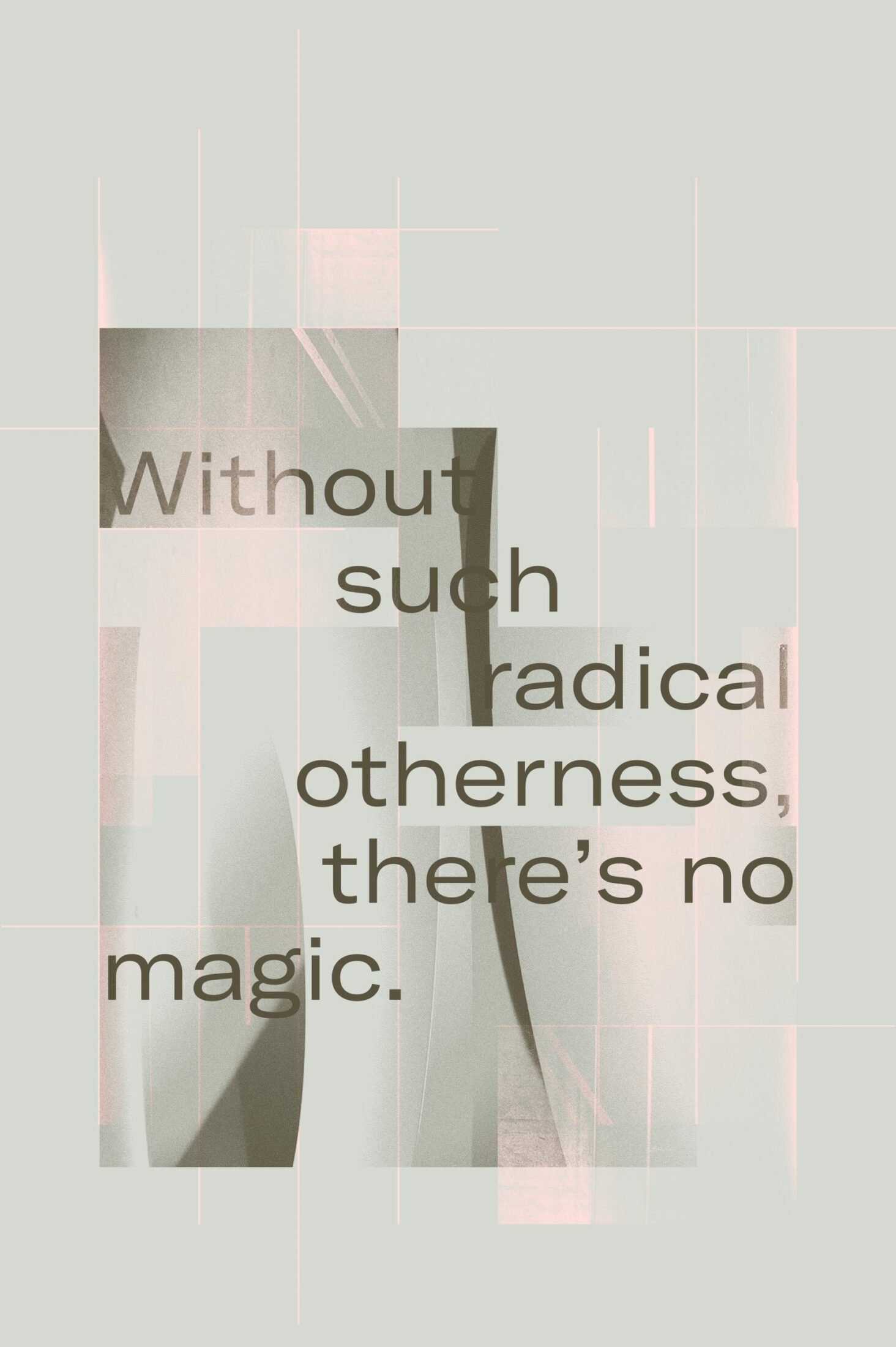
The Great Work
Alchemy and the Power of Words
Alchemy and the Power of Words
Paul Kingsnorth is a writer living in rural Ireland. In 2009, he created and launched Dark Mountain Project, a writers’ and artists’ movement designed to question the stories our culture is telling itself in a time of ecological and social unraveling. Paul has won various prizes for his poetry, including the 2012 Wenlock Prize. His first novel, The Wake, was longlisted for the Man Booker Prize and won the Gordon Burn Prize and the Bookseller Book of the Year Award. Paul’s second novel, Beast, was shortlisted for the Encore Award for the best second novel. The third, and final, installment in this trilogy, Alexandria, is forthcoming. Paul published his first collection of essays, Confessions of a Recovering Environmentalist, in 2017, and his most recent nonfiction book, Savage Gods, was released in 2019.
Studio Airport is Bram Broerse and Maurits Wouters. Together with a small team of creatives, they run a design practice based in Utrecht, the Netherlands. The studio has been recognized with national and international awards, including the Agency of the Year Award and Best of Show at the 2024 European Design Awards. Past projects include Hart Island Project (New York), Amsterdam Art Council, and Greenpeace International.
One night, many years ago, I was visited in a dream by a figure I had never seen before and do not want to see again. Back then I rarely remembered my dreams, but I remembered this one. More than a decade on, it is still vivid.
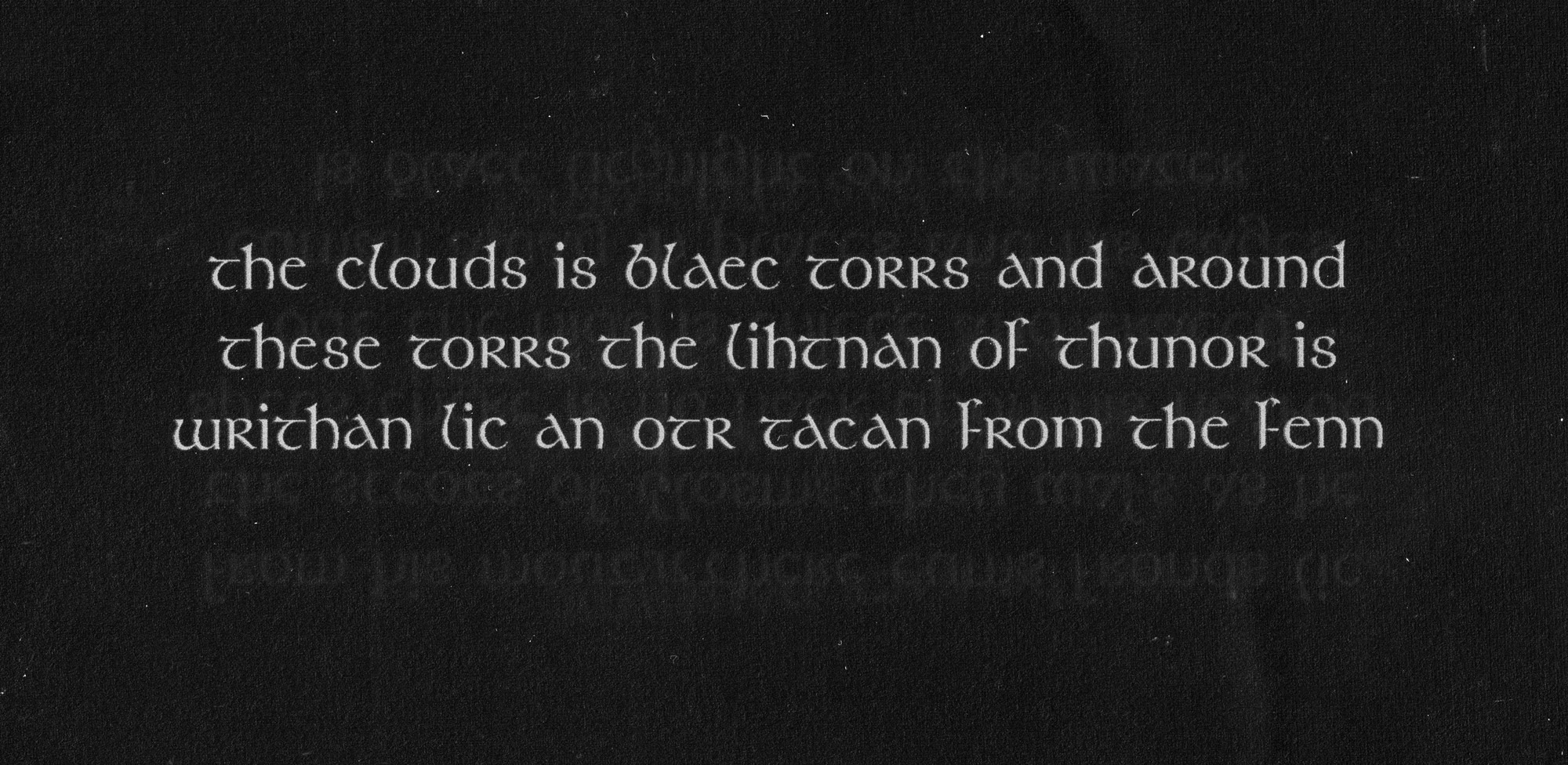
I dreamt of huge black clouds, stacked up like towers, with lightning moving within them as if beneath the skin of a human being. It wasn’t clear where I was; whether I stood on land, or was up somehow, among the clouds themselves. But a great storm raged. And now, from out of the clouds, the lightning still illuminating them from within, came a figure.
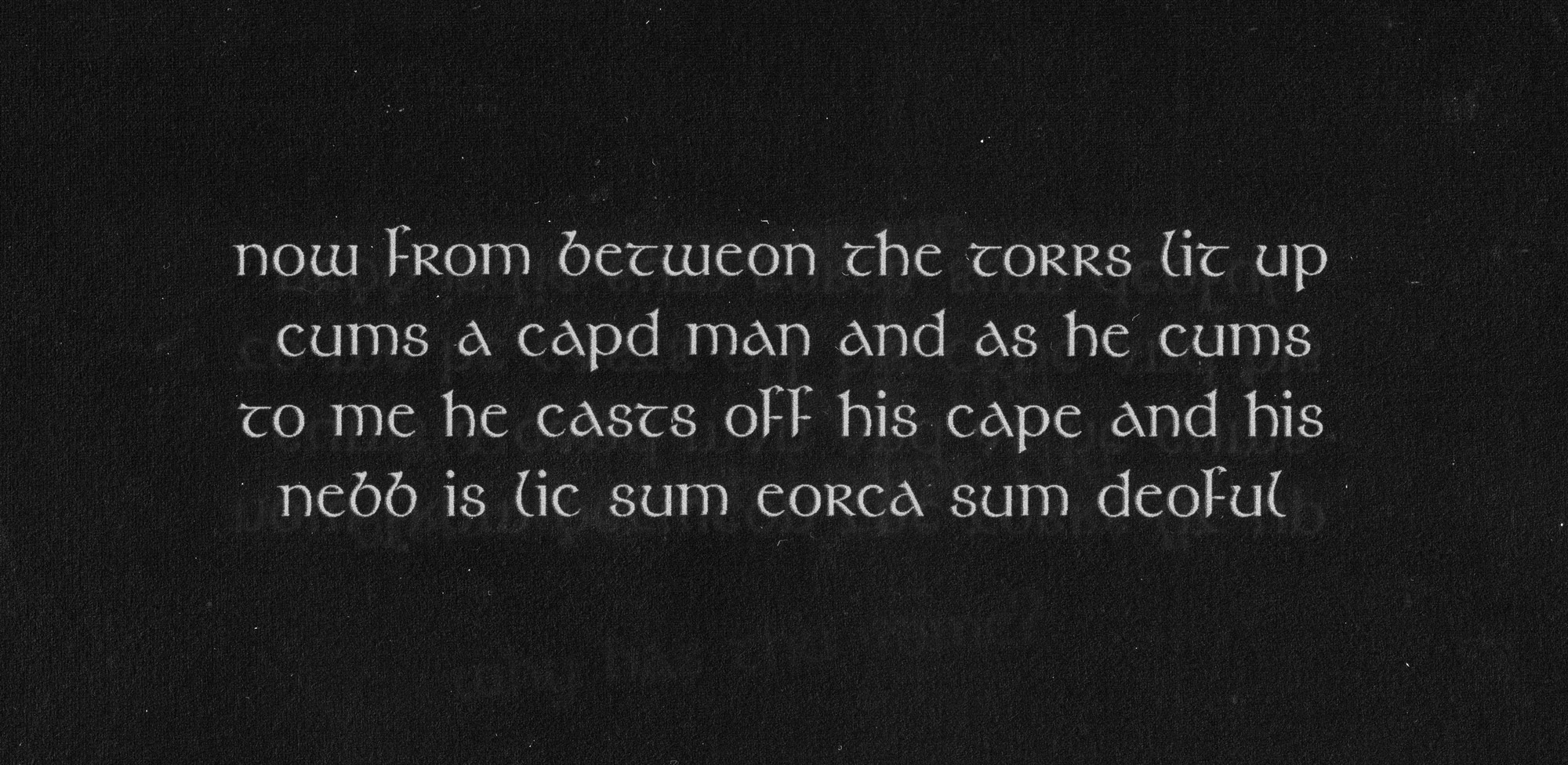
The figure wore a cape and a hood. He came toward me, and when he was close, he removed the hood and I saw his face.
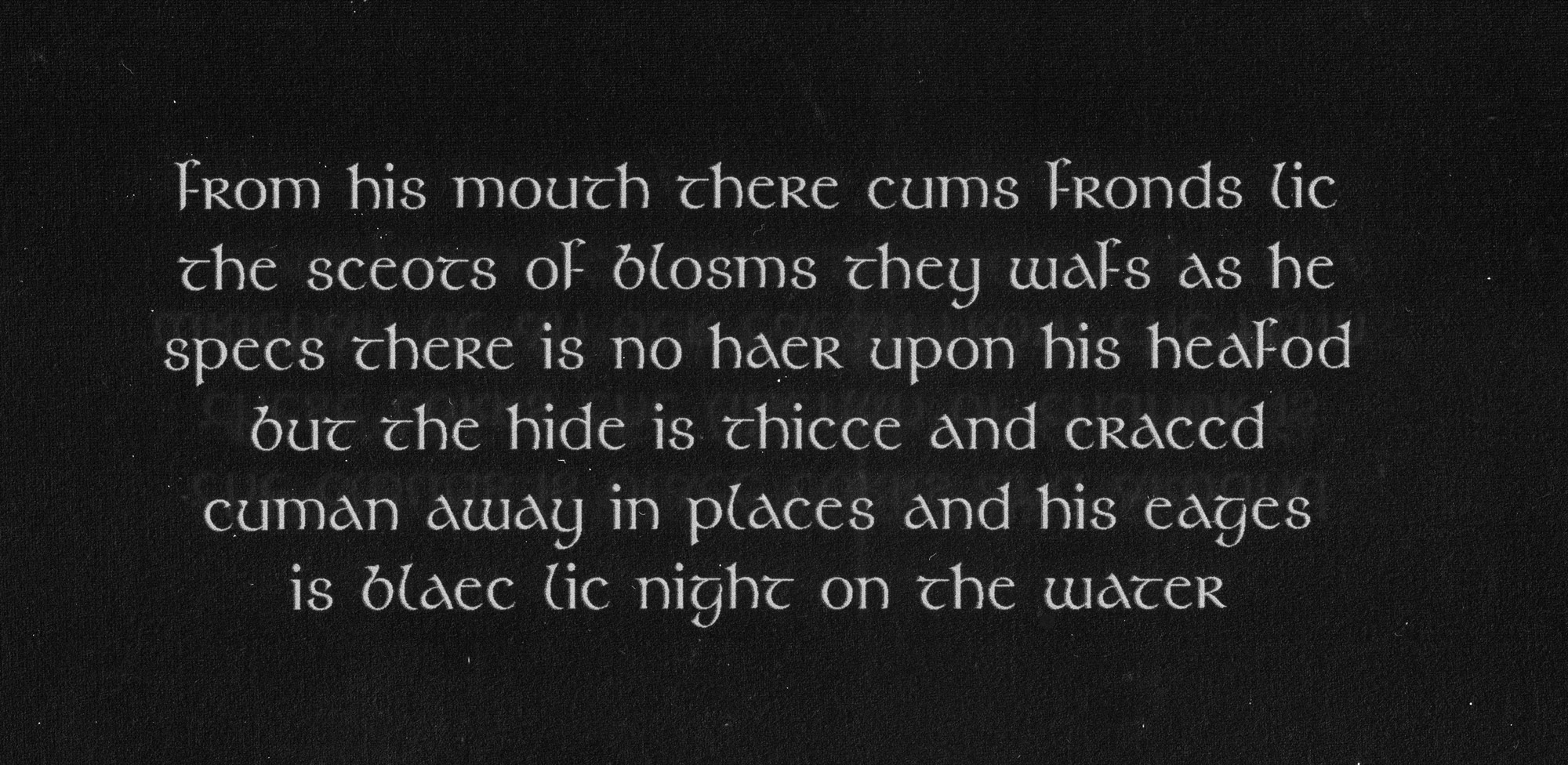
I still remember what I saw: His scalp cracked and peeling away in chunks, fronds waving from his mouth as he opened it, as if plants were growing from his throat, like some dark green man. His black eyes. I can’t remember how quickly I woke up, but I can remember for days wondering, on and off, who he was and what he wanted from me.
After a while I forgot the dream, but the figure didn’t leave me. He remained in there, somewhere, waiting. A year or so later, I was writing a novel, The Wake, set in Anglo-Saxon England, from which the extracts above are taken. I had initially set out to write a book about the underground resistance to the Norman conquest. It is a largely unknown story even now, and I thought it would make a fascinating basis for a novel.
But the novel I started writing soon transformed itself into something else. A book which I began to write in conventional English became a book written in my own version of Old English, the language which my Anglo-Saxon narrator would have spoken. But this, while it might be the most obviously unusual feature of the novel, was not the most significant surprise the book sprang on me.
What started out as a political story—a tale of the equivalent of the French Resistance or the Vietcong, set in the forests of old England—became, as I wrote it, something different. Other voices began intervening. It became clear that my narrator was a man with a stubborn attachment to what he saw as the lost gods and the old mythologies of pre-Christian England. This notion had not been in my mind when I sat down to write the novel, but here it was, writing itself through me. A whole mythic landscape began to present itself; the voices and images of lost folkloric figures, gods, and otherworldly creatures wove themselves into the book and made it into something entirely new.
It was then that I saw again the figure from my dream. He appeared as I was writing, stepped in and took for himself a central role in the book, as a figure with whom my narrator had a close and often dangerous relationship. He became the driver of the narrative and the hinge of the story. Now I knew who he was: Wayland the smith.
The Anglo-Saxons, like the Vikings, the various Celtic tribes, and the other “barbarians” of post-Roman Europe, were a warrior people, self-defined by their tales of military heroes, battles, victory, and defeat. Their settlement of what would become Anglo-Saxon England was built on conflict and in some cases warfare. The greatest Anglo-Saxon poem that remains to us, Beowulf, is a classic hero quest, in which a warrior king slays a beast from the underworld.
Warfare needs warriors, and warriors need metal. Anglo-Saxon metalwork remains unrivaled even today; their jewelry, armor, and weapons were often things of breathtaking beauty as well as practical application. A people dependent on metal will in turn be dependent on their metalworkers; their smiths, those who could work the transformation of base metal into beautiful jewels or lethal weapons.
Smithwork was more than a practical operation to the Anglo-Saxons: it contained something mystical. In this liminal territory, where magic meets metalwork, we meet Wayland, whose story would once have been told around fires across northern Europe. His story is both grim and gripping: a goldsmith with magical powers, he is enslaved by a greed-addled king, upon whom he wreaks a terrible, bloodthirsty revenge. His metalwork, the story makes clear, is also magical work. His fires transform base metal into gold, the mundane into the magical, injustice into bloody revenge. Wayland is not just a smith. He is an alchemist.
Written words cause ripples in the fabric of reality.
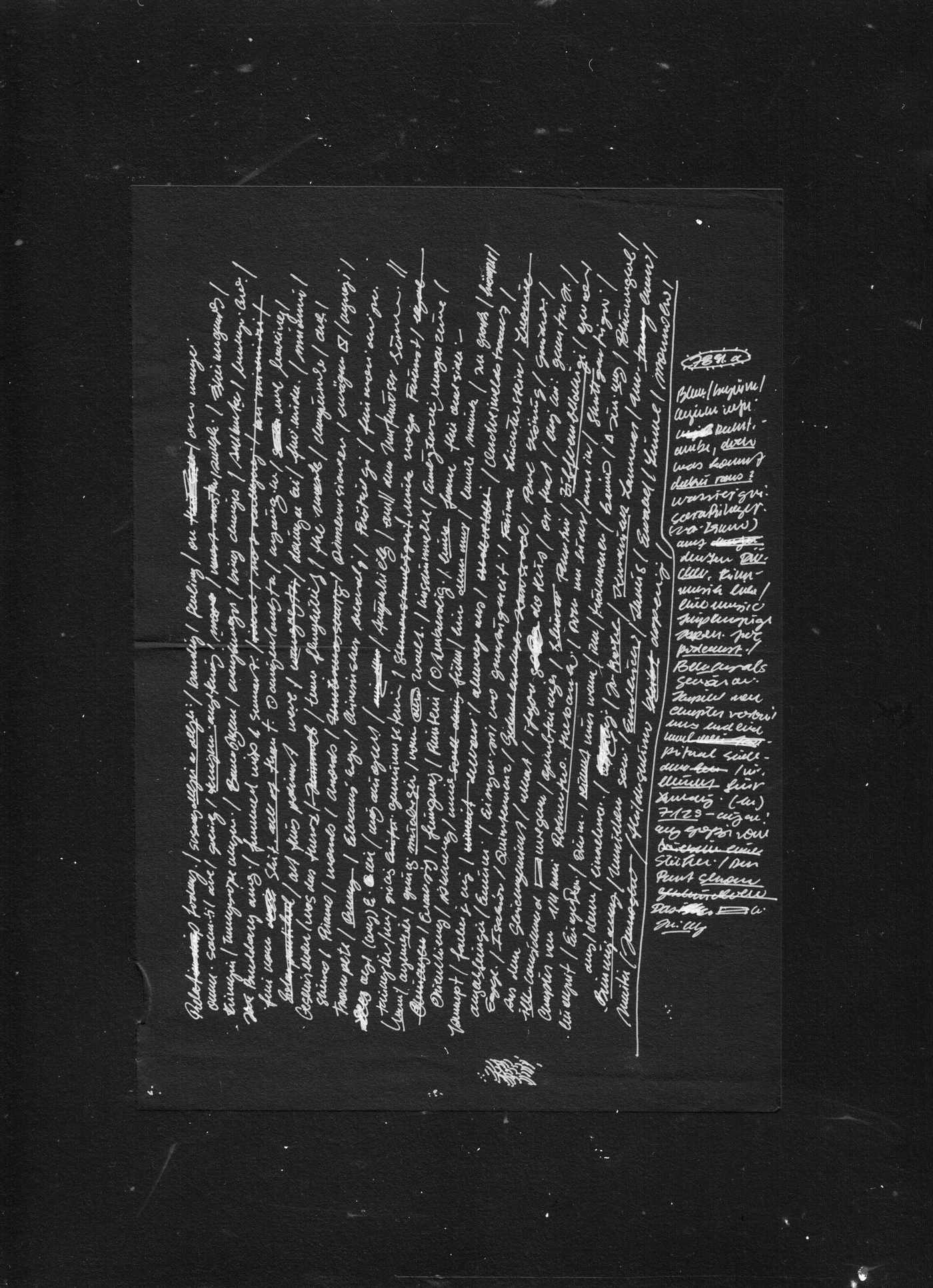
If my experience with The Wake taught me anything, it was that writing, or at least creative writing—writing that takes a stab at being “art”—comes from a place of mystery. It is not a product of the rational mind, of the explicable, definable surface. The source of art lies deep down in the darkest parts of our psychic lake, while the rational mind forms a meniscus on top of the water. This is why writing which works only with argument, reason, and logic fails to penetrate anyone to the level at which they really operate. Arguments are all very well, but they change little in reality. Nobody ever argued themselves into loving someone. Nobody ever argued themselves out of their deepest desires, fears, hates, passions.
This is why art matters: because it dredges our psychic depths in ways that even the artist may not understand. “The arts,” writes the Zen poet Gary Snyder, following Levi-Strauss, “are the wilderness areas of the imagination, surviving like national parks in the midst of civilized minds.” Strange things grow in the wilderness; unusual plants thrive. The jungle is thick and impenetrable, and within it lurk rare and sometimes dangerous beasts. The act of writing, of creation, is at least in part an act of unknowing. As a writer, you have to open yourself up to that unknowing, to that lack of understanding, if you are to have any chance of creating something true. It’s a risk. It may fail. But without the risk, you have no base metal to work with.
Writing, art, creation: this is smithwork. You set your fire; you use your bellows, your pen, your paper, to heat it to the right temperature. You set your base metal in the flames, heat it until it is white. Then you begin your transformation.
I have long felt that certain forms of writing are also forms of magic. That gazing upon small black marks on white paper, or on a glowing screen, can cause chemical, hormonal, physical, and emotional changes in a human animal is no small thing. We have all read things which have had a deep and inexplicable impact on us; which may even have changed the course of our lives. I have written things which have had this impact on others; I know, because they have told me. Sometimes I have written things which have caused the scales to fall from people’s eyes, and they have thanked me for it. At other times I have written things which have enraged people, and they have abused me for it. I always know when I am writing something which will have this kind of impact. Something rises up through me and I don’t know what it is. It is important not to ask.
Language, written language especially, is a peculiar, powerful, dangerous, and ultimately mysterious human gift. Written words cause ripples in the fabric of reality. The words in the Bible alone may have caused more death, brutality, and oppression, and more love, charity, and redemption, than any other collection of writing in human history. What are the Song of Solomon or the Book of Revelation if not powerful incantations? What is a psalm but a magical verse?
What do we mean by magic? Aleister Crowley famously defined it as “the science and art of causing change to occur in conformity with the will.” To spell, in this sense, is to cast a spell. All writers, I think, should take this notion seriously. A spell is a form of words which summons, binds, and transmits some strange energy: some energy which, in ways we cannot reasonably explain, has an influence on mind and matter. How do we know if the spell works? We measure it by results. A. E. Housman said that true poetry would make his skin bristle so that he was incapable of shaving. “The seat of this sensation,” he said, “is the pit of the stomach.” Read a great poem aloud to yourself and take note of how your physical body reacts. This is the transformation that the written word can conjure.
This is where writing becomes, or can at least be compared to, the ancient and curious practice of alchemy. The popular image of the alchemist is that of a lavishly cloaked man in a medieval laboratory bending over a furnace, trying to turn lead into gold. In Europe, alchemists certainly spent time trying to create gold from base metal, just as in China they were consumed by the search for the elixir of life. But alchemy was always as much about the transformation of the soul and the spirit as it was about any changes on the physical plane.
It has even been suggested that the chemical symbols, the complex system of magical rites, and the claims of ancient origins which hang around the practice of alchemy, making it seem at times impenetrable to the outsider, were a way of disguising the reality of what it really was: an alternative spiritual path, which would have displeased the medieval church. It was certainly accepted by all alchemists that the creation of genuine gold was not simply an outer process but an inner one. Only an advanced spiritual being, who had first undergone a deep inner transformation, could work an outer one.
Today we think of alchemy, at best, as a proto-scientific procedure, something impossible and in many ways ludicrous; something people did before they really knew how the world worked. But much modern science is a direct descendant of the work of the medieval alchemists, many of whom regarded themselves as just as rational or worldly as any modern-day surgeon or laboratory scientist. Consider the sixteenth-century Swiss physician Paracelsus. Now regarded as the father of toxicology, he led a war against the medical establishment of the day in favor of evidence-based medicine, observation, and what we would now regard as cutting-edge materials science.
But Paracelsus was also an alchemist and a worker of Hermetic magic, and he saw no contradiction in these traditions. He knew, as writers know, that at the heart of his process, however externally measurable, was something unknowable. The real driver of change, he said, was not fact so much as faith:
Whether the object of your faith is real or false, you will nevertheless obtain the same effects. Thus, if I believe in St. Peter’s statue as I would have believed in St. Peter himself, I will obtain the same effects as I would have obtained from St. Peter. Faith … produces miracles, and whether it be true or false faith, it will always produce the same wonders.
Alchemy, in this reading, looks almost like a religious path. It represents a process of transformation, discipline, and purification similar to that practiced by the mystics of most spiritual or religious traditions, and its end point was transformation. This quest is sometimes referred to as the Great Work: the process of transforming the self to achieve union with God, or Enlightenment, or the World Soul, or the Great Mystery, or whatever words you choose to represent the all-encompassing reality that stands above and beyond the individuality of the human self. The Great Work of alchemy, in other words, could be seen in the same light as the Buddhist push toward Nirvana or the Christian, Muslim, or Sikh desire for union with God through sacrifice and submission.
This may be why alchemists rarely, if ever, succeeded in their quests to create pure gold, either symbolically or actually. Any transformative experience worth its salt, as a seeker soon learns, is designed to give you what you need, not what you want. In that, it is the precise opposite of what our external culture currently offers us. This is why we, in the “developed” world, can have everything we want and have nothing we need. This is why—even as all the facts and figures, all the economists and cultural cheerleaders, tell us how well off we are—we can feel empty as an exhausted mine.
At the heart of art is the same paradox as lies at the heart of religion: we don’t know anything.
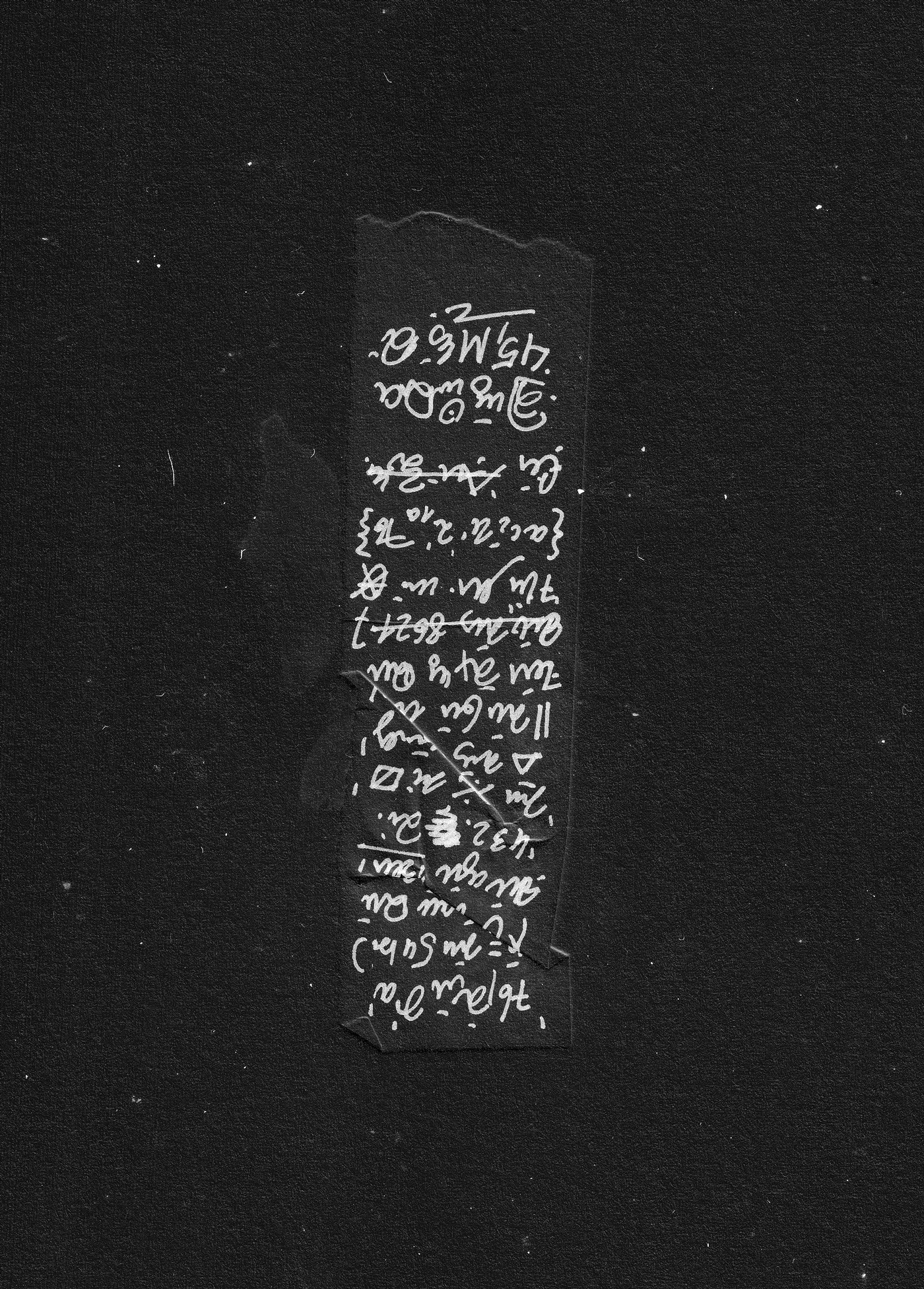
I think we miss magic. We bend our shoulders beneath the official notion that the material world is explicable, just as we bend our shoulders beneath the notion that words are merely units of information. But something in us—something which sings when the moon is up—knows this to be a lie. We miss the songs that were sung through us, whoever it is, whatever it is, that sung them. We live in an age of loss, our stories collapsing around us, our people dividing into tribes, anger and rage and condemnation overruling nuance, compassion, and attention. Looking around our outer world right now, it can seem as if we are being driven mad by something. It can seem as if we are stuck, raging at the world, missing something we deeply need.
It is hard to say what that might be, but nothing changes without the hard work of transformation. In the alchemists’ world, this transformation, both inner and outer, is known as “the alchemical marriage” and it is symbolised by a three-stage process, each marked by a particular color.
The first stage is the black, or nigredo. A lump of lead sits in a cold furnace, the soul is dark, the eyes closed. We are simple, leaden matter beginning the process of change.
Then comes the second stage: the white, or albedo. The furnace is heated, the metal begins to change. Suddenly we see a flash of white truth in the darkness. We see that the self is not separate from the world. We begin to get some clarity over the reality of existence and our small place in it.
The third and final stage is the red, or rubedo. In the deep heat of the fire, the metal is purified, as is the soul. Impurities fall away, total wisdom is attained, the divine light is reached. Transformation of the self has been achieved. The alchemical marriage is complete.
How many stories have you read, or heard, in which the main characters undergo a process of transformation akin to this? Transformation of the self, albeit usually secularized, is one of the main themes of the modern novel. It is one of the themes, too, of old fairy and folktales, and of the great myth cycles. Through a process of breakdown, a transformation through fire, the hero is transformed from lead into gold. Consider the Odyssey, the sacrifice of Odin on the Yggdrasil tree, the Passion of Christ. Scour the old fairy tales of Europe, and you will often find the three alchemical colors lurking there, a sign that this is a tale of transformation. Snow White’s red lips, black hair, and white skin. The white snow, the black wolf, the red of the cape worn by Little Red Riding Hood. Great stories tell the tale of the alchemical marriage, of the transformation of the soul from lead into gold, whether their authors know it or not.
In times like these, we are all in the process of transformation, and so is the world around us. The Great Work, the magnum opus, is the work we are all engaged in, whether we know it or not. The Great Work is the reassembling of the tiny shards of light into which the universe was shattered at the Creation. Every story we tell, every poem we write, if it is true, reassembles a tiny piece of this light, brings us back closer to the heart of the mystery. How do we know this? We don’t. At the heart of art is the same paradox as lies at the heart of religion: we don’t know anything. We can only act from our unknowing, with faith and determination.
Aleister Crowley was once interviewed by a journalist, who asked him if the spirits he claimed to raise in his magical rituals were real or not. Crowley replied: “the question is not relevant.” Like Paracelsus, he suggested that intent is what matters. We never know what is on the other side of the veil, or if there even is a veil. But we do our work anyway, because it is all there is.
I have believed, since long before I knew I believed it, that stories have a transformative power. I have believed it because I have experienced it. There is no other reason a grown man would spend his life writing, reading, thinking about them. Like Wayland’s fire, words can burn their readers through transformation into some strange new vision. They can cast a spell. They can summon things: ideas, notions, images, other worlds. Other beings.
